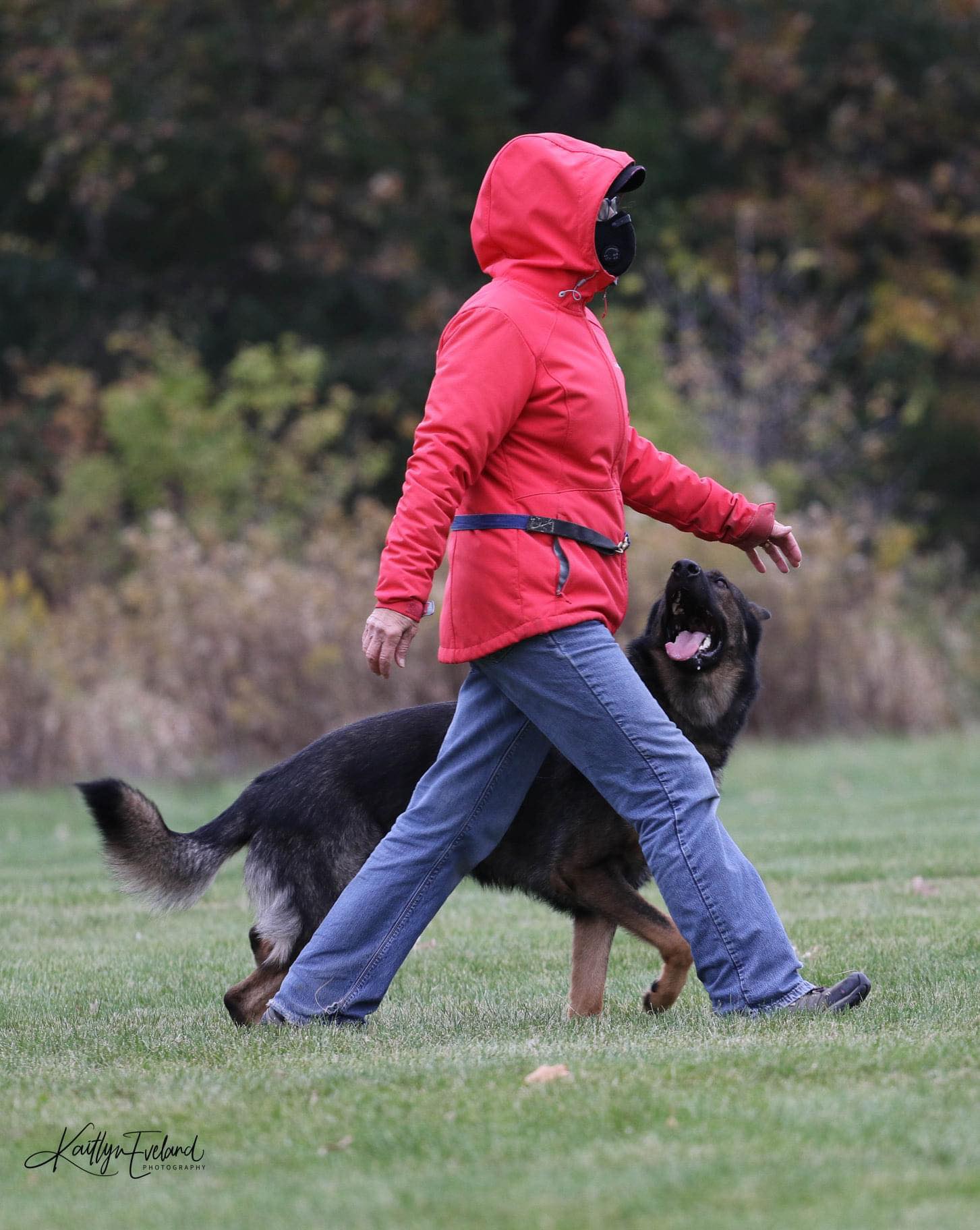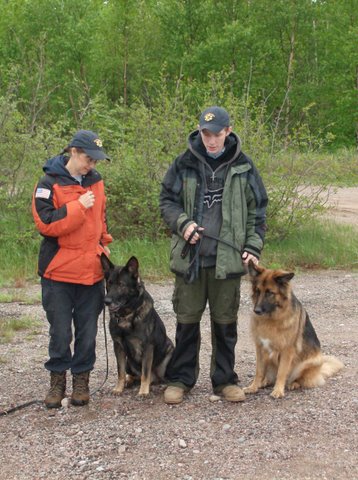To Deduct or Not to Deduct – That Is the Question
by Linda Mickey
No matter the endeavor, when we become involved in a volunteer effort, we do it because we want to. The price tag on our commitment doesn’t enter our thinking until we reach the “ouch” point. Then we start looking for ways to deduct some of our costs on our income tax returns.
The Internal Revenue Service allows the deduction of certain expenses when they are incurred by volunteer activity. The first rule is that you must be volunteering for a 501(c)3 organization. A charity applies for this Internal Revenue Service designation and no personal funds expended on behalf of the organization are deductible until the 501(c)3 status is awarded.
Confirm that your team or club has been approved. Then confirm that your team retains its charitable designation. The IRS revokes 501(c)3 designations if the charity does not behave like a charity. If you are not sure, ask to see a copy of the approval letter from the IRS. Then check its validity at the Internal Revenue Service web site at www.irs.gov under Charities and Non-Profits.
Once you determine that you are volunteering for an approved charity, the next rule is the most important test in whether or not an expense is deductible as a charitable donation.
Would you have spent the money on your pet? For example, pets eat. Therefore, dog food is not deductible. Pets have collars and leashes. Pets get rabies shots and city licenses. Those expenses are not deductible. Commons sense will be your best guide. Ask yourself if you would allow the expense if you were an IRS auditor.
Expenses that are incurred only because you and your dog are part of a search and rescue team may be deductible. Using that as a guideline, examples of items that may be deductible are:
· Handler uniforms, safety vests and other required equipment
· Registration fees for training seminars
· Special vaccinations for you or your dog
· Mileage/travel expenses to team meetings/training sessions/searches
· Fees/licenses specific to accreditation of the dog and/or handler
Sad news. Meals preceding or following training sessions or meetings are not deductible. Remember – these expenses are associated with a charity, not a business.
More sad news. The IRS will want proof of your expenses. Plan on being audited. The number of audits conducted in 2007 on middle-income taxpayers is expected to rise about 23 percent. One of the primary areas of focus – higher than normal charitable donations. In addition, the rules changed in 2006. A canceled check is no longer proof of a charitable deduction. You must have a receipt. This applies to cash donations, expenditures and donations of goods.
Happy news. The better your recordkeeping, the more likely the IRS will believe your numbers. Keep all receipts and label them with specific information about the reason for the expense. Maintain meticulous records.
More happy news. Additional information and specific guidance is always available from a tax professional. Individual situations vary. Be sure to review yours with your tax advisor.
Linda Mickey is employed by an accounting firm. This article is a guideline only and is not intended to substitute for advice from a professional tax advisor or preparer.
For More Information Contact:
German Shepherd Search and Rescue Dog Association – Illinois
26104 Midlothian Road, Mundelein, IL, 60060
Tel: 847-970-9917
FAX: 847-949-6128
Internet: crsar@sbcglobal.net



